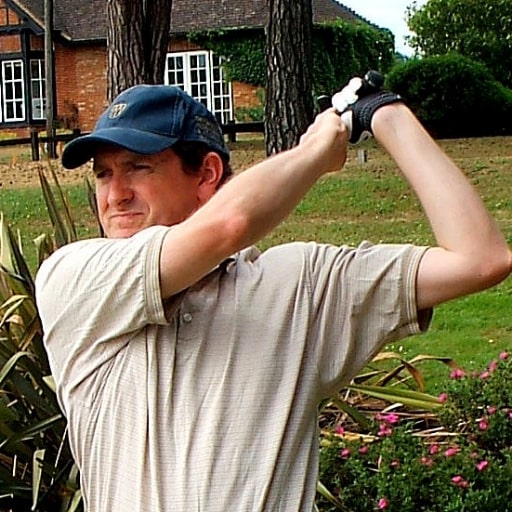How Many Golfers Break 90?
How many golfers play a round of 18 holes in fewer than 90 shots? Location, handicaps and hypotheticals all have a part to play in the answer...


How many golfers break 90?
What percentage of golfers break 90 depends a lot upon how you define the question. What is ‘a golfer’, and what exactly is meant by ‘breaking 90’.
These are not facetious questions. I have a friend who considers himself a golfer, but the last time he set foot on an 18-hole golf course, rather than on a driving range, is more likely to be measured in years than months. Would others also consider him ‘a golfer’? Or what about that chap who plays one round a year at a firm’s annual golf day?
As to how many break 90, does that mean ‘ever in their life’, or ‘regularly’, or just ‘occasionally’?
One figure trotted is that about three-quarters of golfers break 90. Dig further, and this stat is based on data from the United States Golf Association that declares that 73.4% of golfers have a handicap of 17.9 or better. That ‘break 90’ stat is then formed from an equation based on a presumption that the course par is 72, and that the player's course handicap is the same as the player’s handicap index, and the player plays exactly to his handicap. Then he goes round in 72 + 17.9 = 89.9 shots.
Even presuming the first two are correct, the 17.9 handicapper does not play to their handicap regularly. How many players in your club Stableford competitions score 36 points or better? The World Handicap System, after all, calculates a handicap index on the best eight rounds from the player’s previous 20.
So the idea that a 17.9 handicapper regularly breaks 90 is tosh. But the contention that he ‘can’ as in ‘has the capability to’ is not. A 17.9 handicapper can be expected to break 90 occasionally in the way that you would not say that a 28-handicapper can realistically be expected to achieve a score of 89 or fewer.
But most golfers do not have a handicap – for example, only an eighth of Americans who play golf do, so 3 million US golfers. Worldwide, only 15 million golfers have handicaps. So when you see the figure bandied around how around 70-75% of golfers shoot 18-hole scores below 90, what this actually means that ‘in the US this is the percentage of those golfers who have a handicap who can realistically start out on the 1st tee knowing that if they play well that can get round in fewer than 90 shots’.
Get the Golf Monthly Newsletter
Subscribe to the Golf Monthly newsletter to stay up to date with all the latest tour news, equipment news, reviews, head-to-heads and buyer’s guides from our team of experienced experts.
A more helpful stat is produced by the National Golf Foundation which reckons that only around 26% of golfers regularly break 90; 21% of them with score in the 80s, and 5% with scores below 80.
Contributing Writer Roderick is the author of the critically acclaimed comic golf novel, Summer At Tangents. Golf courses and travel are Roderick’s particular interests. He writes travel articles and general features for the magazine, travel supplement and website. He also compiles the magazine's crossword. He is a member of Trevose Golf & Country Club and has played golf in around two dozen countries. Cricket is his other main sporting love. He is also the author of five non-fiction books, four of which are still in print: The Novel Life of PG Wodehouse; The Don: Beyond Boundaries; Wally Hammond: Gentleman & Player and England’s Greatest Post-War All Rounder.
-
 I'm Thrilled For Rory McIlroy But Gutted For Class Act Justin Rose... I'd Love Him To Win Another Major
I'm Thrilled For Rory McIlroy But Gutted For Class Act Justin Rose... I'd Love Him To Win Another MajorJustin Rose pushed Rory McIlroy all the way in The Masters, and while I am super impressed by the Career Grand Slam, part of me is hurting for the Englishman...
By Barry Plummer Published
-
 The Watches Of The Masters - Bubba Watson's $2.5 Million Richard Mille Features Again While Rory McIlroy Celebrates Victory In $15,000 Omega
The Watches Of The Masters - Bubba Watson's $2.5 Million Richard Mille Features Again While Rory McIlroy Celebrates Victory In $15,000 OmegaSeveral stars from the world of golf were spotted wearing designer watches throughout the week at Augusta National, where Rory McIlroy claimed his first Green Jacket
By Matt Cradock Published